Taxation of Mutual Funds
Many investors ask about the best way to determine their mutual fund taxes. The type of investment The types of assets included in your funds' portfolio significantly impact how your mutual fund is handled for tax purposes.
Generally, most mutual fund distributions must be reported as investment income or dividends and capital gains on your annual taxes. But how much payroll taxes you owe on each dollar of a payout depends on the distribution type you got, the type of investment, and the investment period. Distributions may occasionally be subject to the highest rate of taxation, your regular income tax. You can be qualified to pay the reduced capital gains tax rate under other circumstances. Taxes on some other distributions may not apply.
Capital Gains Tax
Capital gains tax refers to the taxes levied on the profit that an investor gets when they sell their investments or funds. The investor must pay capital gains tax in the same year they sell their assets or funds.
Depending on the filer's income, the long-term capital gains tax rates are 0%, 20%, or 15% of the profit for the tax years 2022 and 2023.
Capital Gains Vs. Ordinary Income

Your tax liability may significantly change depending on the difference between your capital gains income and ordinary income. Generally, a capital gain is the only investment income from holding an investment for longer than a year.
When you make investments in individual stocks, this idea is fairly simple. However, the cosmos of mutual funds is a little more intricate.
Mutual funds are financial firms that create portfolios of various assets using the combined contributions of their multitudes of shareholders. Regarding dividends, the distinction between capital gains and ordinary income is made according to how far a mutual fund has held a specific investment within its portfolio, not how far you have held stocks in the fund.
You will pay tax on a distribution based on your ordinary income tax rate If you get that distribution from a mutual fund as the result of selling a security it owned for less than one year. However, the funds would be subject to capital gains tax if they had held the security for a year or more. If your mutual funds distribute long-term capital gains, you will receive Form 1099-DIV, Dividends, and DIstributions before the yearly tax filing deadline. It records the payments on tax returns on this form.
Determining Your Gains and Losses
Any proceeds from selling your mutual fund shares that represent a return on your original investment are not subject to taxation because you had already paid payroll taxes on those funds when you received them. As a result, it's crucial to determine how much of your distribution can be ascribed to profits instead of investments.
To calculate the gain or loss of your investment income, you should first determine the amount you spent on the liquidated stocks. It might be challenging to figure out how much you paid for a specific mutual fund share because shares are frequently purchased at different times, in different volumes, and at different prices.
Dividend Distributions

Your mutual funds also distribute dividends when underlying assets yield profits or interest besides distributing income from the selling asset. Because mutual funds are transit investments, they must deliver all profits to shareholders. This often happens when a fund invests in dividend-paying equities or bonds, which normally pay an annual fixed rate of interest known as a coupon.
How are Dividends Taxed
Dividend income owes taxes at the ordinary income rate. If your mutual fund often purchases and sells dividend equities, any dividends you get are almost certainly subject to the ordinary income tax. For example, your active funds pay you $1,000 in dividends. If your income tax rate is 24%, you owe $240 tax returns.
There are two significant exceptions, though: tax-free interest and qualified dividends.
Qualified Dividends
If the IRS considers the dividend distributions you receive from your mutual fund qualifying dividends, you owe the capital gains tax. To recognize it as a qualified dividend, you must pay it through a stock issued by a qualified U.S. or foreign company. Additionally, during the 121 days starting sixty days prior to the ex-dividend date, your mutual fund should have kept the stock for a minimum of 60 days.
The ex-dividend deadline is the day following; after that, owners of recently bought stock are not entitled to receive a dividend payment.
This complicated requirement intends to dissuade investors from buying funds with dividend-bearing stocks just before payment and then selling them again to receive the dividend by enforcing this onerous rule. If your fund pays out qualified dividends, you will receive a Form 1099-DIV informing you of this.
Tax-Free Interest
Investing in allegedly tax-free mutual funds is another strategy to reduce your income tax obligation. These funds invest in "munis," or municipal and government bonds, which offer tax-free interest.
For example, money market funds invest mostly in short-term treasury securities and are reliable and secure investments.
Bottom Line
Even for the most experienced investor, calculating the mutual funds' taxes you must pay your income and distributions may be very difficult. However, unless you only own a few shares and maintain meticulous records, you can speak with a tax expert to be sure you accurately describe all of your dividends and capital gains.

By Rick Novak : Apr 26, 2023
How Are Fees for ETFs Deducted?
Due to their cheap fees, diversification, and convenience of trading, exchange-traded funds (ETFs) have gained popularity among investors. Many shareholders, however, wonder how ETF fees are removed from their investments.
Read More
18951

By Rick Novak : Mar 07, 2023
Guaranteed Investment Fund (GIF)
Are you looking for a safe and reliable investment option? A Guaranteed Investment Fund, or GIF, may be the perfect choice for you.
Read More
12030
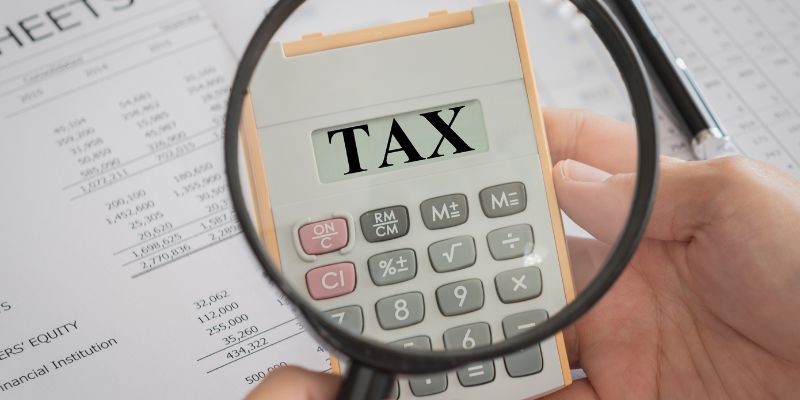
By Rick Novak : Feb 04, 2023
Tax Preparer vs. Software: How You Should Choose
You should use caution in selecting the preparer since you will be liable under the law regardless of who prepares your tax return
Read More
13403
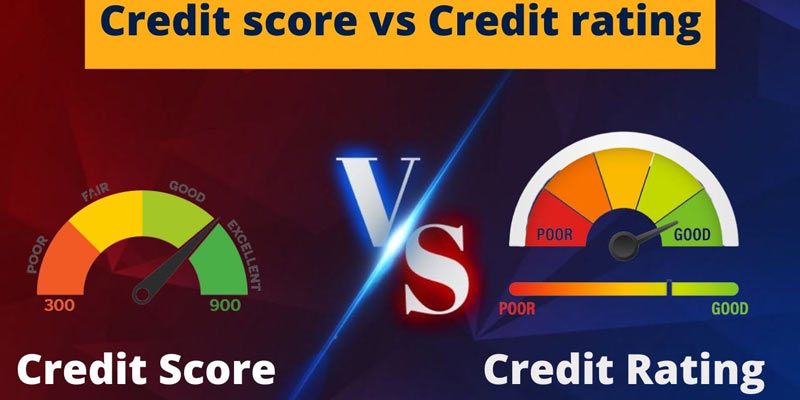
By Kelly Walker : Mar 06, 2023
Credit Rating vs. Credit Score: What’s the Difference?
Wondering what the difference is between your credit rating and credit score? This post breaks it all down for you, so you can understand how they work together to impact your finances.
Read More
657

By Rick Novak : Feb 22, 2023
Taxation of Mutual Funds
You are required to pay taxes when you hold mutual fund shares and when you sell your shares. The primary sources of mutual funds taxes are capital gains (when you sell shares in the fund) and dividends (when you own mutual funds) when you keep funds in taxable accounts.
Read More
10842

By Rick Novak : May 01, 2023
How FIFA Makes Money
Learn how the world's leading football organization makes money and why it’s still successful. Get an in-depth look at their business strategies to generate revenue and drive success.
Read More
276

By Kelly Walker : Apr 21, 2023
How Bankruptcy Affects Your Ability to Secure Credit
Are you facing financial difficulties? Learn how declaring bankruptcy can and cannot affect your ability to secure credit in the future. Get expert advice on how to make sure you remain financially secure while going through this process.
Read More
18548
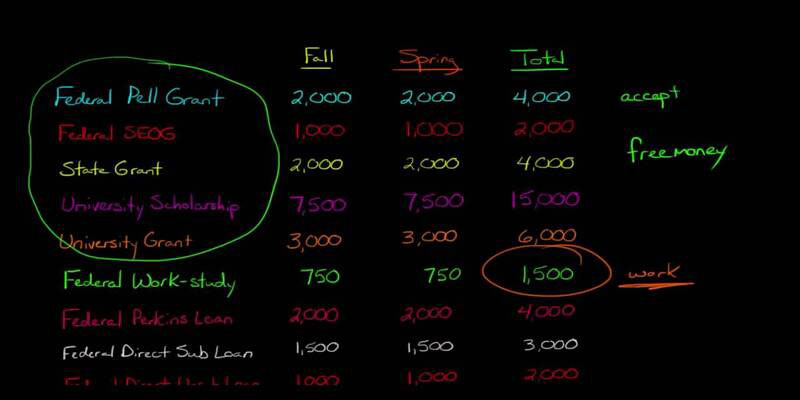
By Kelly Walker : Mar 30, 2023
How to Read the Letter Offering You Financial Aid
A student's financial aid eligibility and the amount of aid they will receive are outlined in an award letter. The document details the terms and conditions of several financial aid forms, such as grants, loans, work-study, and scholarships. Making educated decisions about paying for college and avoiding unexpected fees or debt requires a thorough understanding of the information provided in the award letter.
Read More
1983

By Kelly Walker : Mar 29, 2023
Advantages And Rewards Of Using A Victoria's Secret Credit Card
Victoria's Secret Credit Card offers various advantages and rewards, including exclusive access to sales and events, free shipping on select purchases, bonus points for every dollar spent, birthday gifts, and early access to new product launches.
Read More
10999
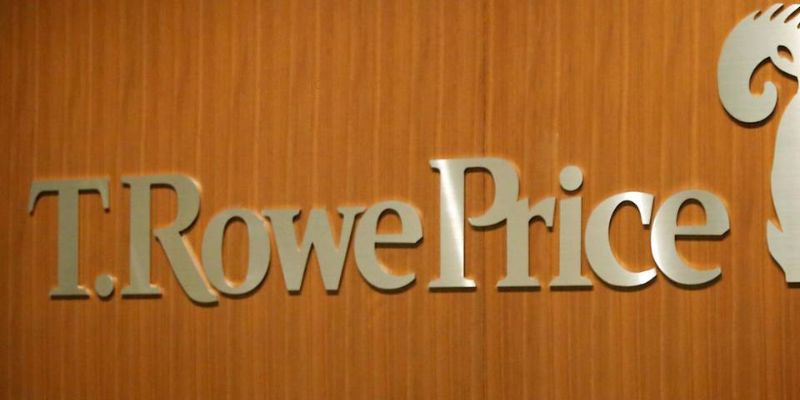
By Kelly Walker : Jun 03, 2023
T. Rowe Price Review
Learn how T. Rowe Price can help improve your financial future with its portfolio management and investing services. Our expert review will provide valuable insight into navigating the world of investments and securing a better retirement plan for yourself!
Read More
12018
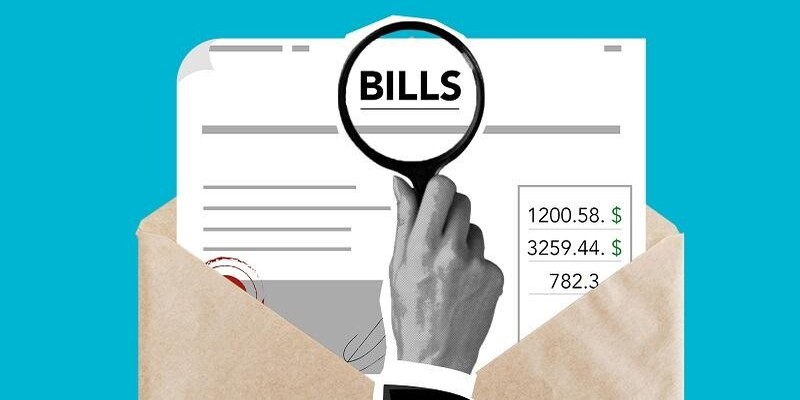
By Kelly Walker : Aug 11, 2023
Investment Considerations and Strategies Following a Debt Ceiling Resolution
Observing the financial markets recently would reveal a fascinating dynamic. Explore the best investments for debt ceiling deals in the U.S. in this article.
Read More
17899
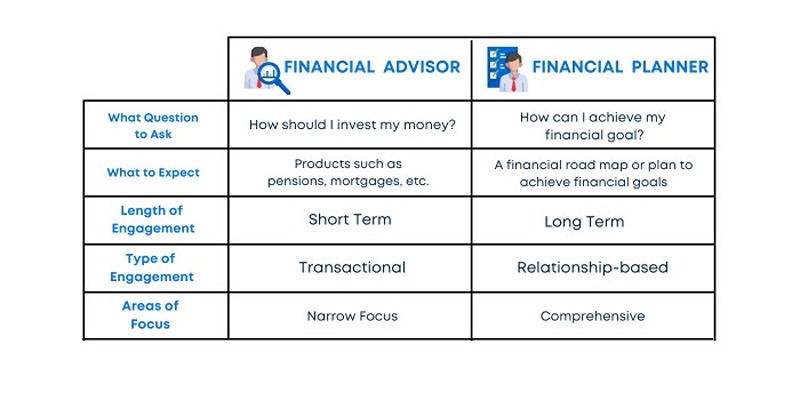
By Kelly Walker : Mar 30, 2023
Financial Planner vs. Financial Advisor: What’s the Difference?
Have you ever wondered about the difference between a financial planner and a financial advisor? Find out here! Learn which type of professional to turn to for help so that you can make informed decisions about your finances.
Read More
8529